by S. A. Cranfill | Mar 9, 2020 | 17th-Century British & American History, Captain John Smith, Sir Ferdinando Gorges, Squanto, The Pilgrims, The Year of the Mayflower
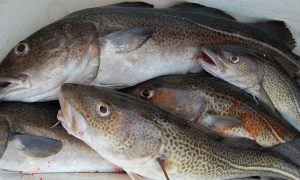
The Fish That Founded America
Photo from Pixabay by Susanna Winqvist
The Atlantic Codfish ~ America’s Founding “Fish Father”
It is March of 2020, the Year of the Mayflower, the 400th anniversary of the good ship’s New England arrival some 8 months future. What were the people we call our Pilgrim Fathers doing in March of 1620? They were dealing with, and arguing over, a new development on the business end of moving to America. (more…)
by S. A. Cranfill | Feb 17, 2020 | 17th-Century British & American History, Shakespeare
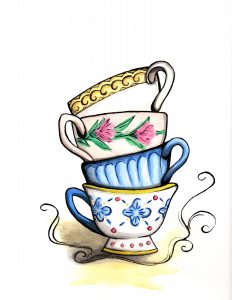
England Without Tea?!
It is hard for us modern-day Americans to imagine England without tea. What?! England without tea?! In Will Shakespeare’s day, that was (gasp!) indeed the case.
Have you heard the expression, “for all the tea in China”? It is from China that the drink made from boiled water and special leaves spread to Japan, Southeast Asia, Indonesia, and India. The adventurous Portuguese led the way for Europe. (more…)
by S. A. Cranfill | Feb 8, 2020 | 17th-Century British & American History, Braving the New World, European and British Colonization of America, South America, The Pilgrims, The Year of the Mayflower
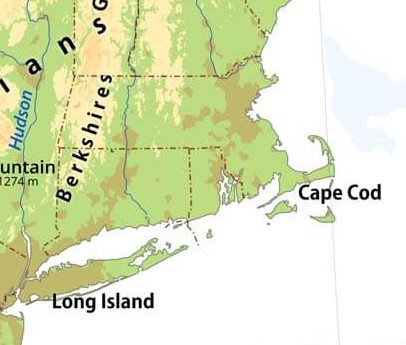
Cape Cod? New Plymouth? The Hudson River?
The Pilgrims Were Headed for Virginia?
We saw in a previous post titled “The Year of the Mayflower” (Feb 2020) that the Pilgrim Fathers had a patent to settle their own, independent colony within the greater Virginia (which stretched from modern-day South Carolina to mid-Maine), with intent to settle somewhere along the Hudson River, and that Plymouth was already named on John Smith’s map (a copy of which the Pilgrims had purchased), but that the New Plymouth was not on the itinerary. So, how did they end up on the coast of Massachusetts? (more…)
by S. A. Cranfill | Feb 6, 2020 | 17th-Century British & American History, Braving the New World, Captain John Smith, The Pilgrims, The Year of the Mayflower
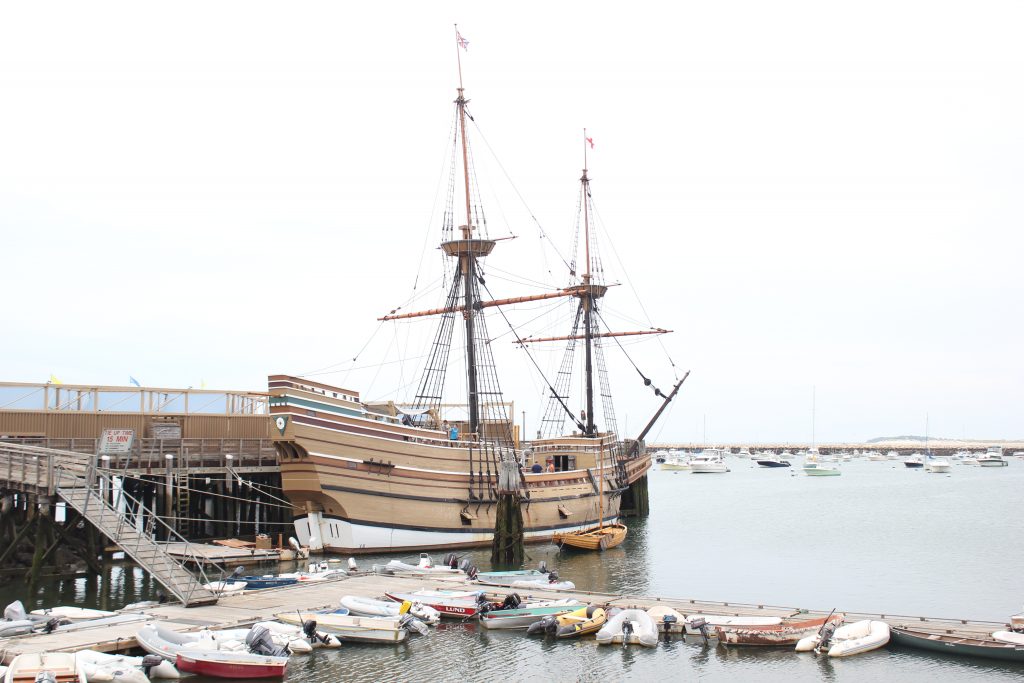
The Mayflower Replica in a 2016 Plymouth Harbor (taken by author)
The Pilgrims’ 400th Anniversary Year
It’s February 2020. This next November, it will be 400 years since the Mayflower rounded “the fist” of Cape Cod’s flexed arm and found their first safe harbor near today’s Provincetown. In December, it will be 400 years since the Mayflower crew and passengers, after some exploration, anchored their ship in Plymouth Bay and sent men ashore in the shallop (for the second time) with intent to settle the place called Patuxet by the Wampanoags. (more…)
by S. A. Cranfill | Jan 12, 2020 | 17th-Century British & American History, Braving the New World, Shakespeare, Squanto
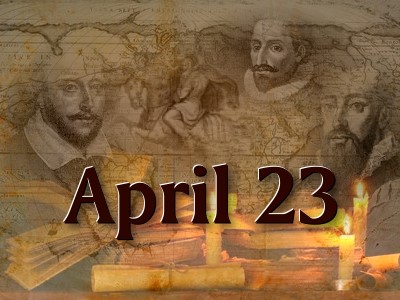
A Significant Date for Some Famous People
The year 1616 was significant not only to Pocahontas, Squanto, and Captain John Smith, but also to men who would become two of the world’s most famous writers ~ William Shakespeare and Miguel de Cervantes.
They are both said to have died on April 23rd of 1616, Shakespeare at a mere 52 and Cervantes at 68. Because of their works and their influence, English would become known as the language of Shakespeare, and Spanish would be called la lengua de Cervantes (the language of Cervantes). (more…)
by S. A. Cranfill | Jan 12, 2020 | 17th-Century British & American History, Braving the New World, Captain John Smith, Pocahontas, Squanto
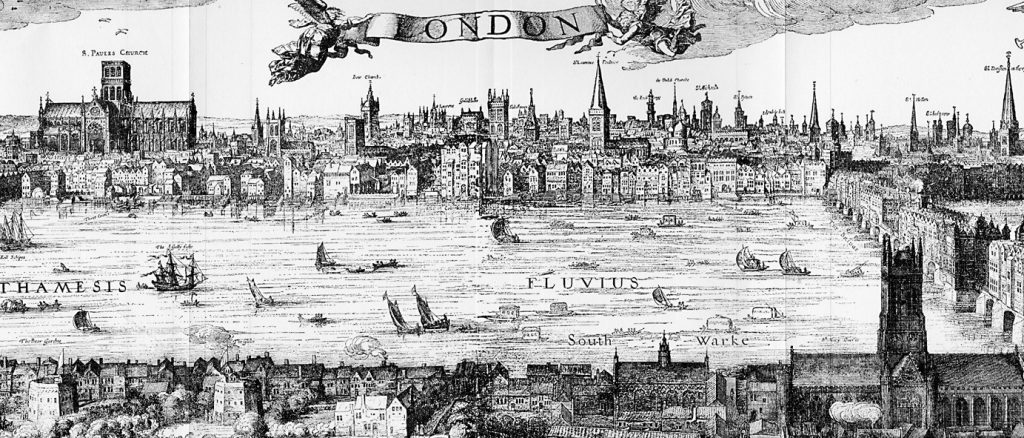
1616 Engraving of London by Claes Visscher
A Most Interesting Year for Some Famous People
Do you know who was in London in 1616? All at the same time? The same year (or very close) that Dutch artist Claes Visscher published his magnificent etching of a panorama of London? Did you guess Lady Rebecca Rolfe, a Massachusetts Patuxet called Tisquantum, and the soldier-adventurer Captain John Smith? If you did, you are truly a history nerd!
Did they meet while in London? Two of them had a well-documented meeting. The third? No proof or mention, but perhaps a possibility, if we use our imaginations. Let’s find out more about what happened in London in 1616 and how it impacted the New World called America. (more…)







